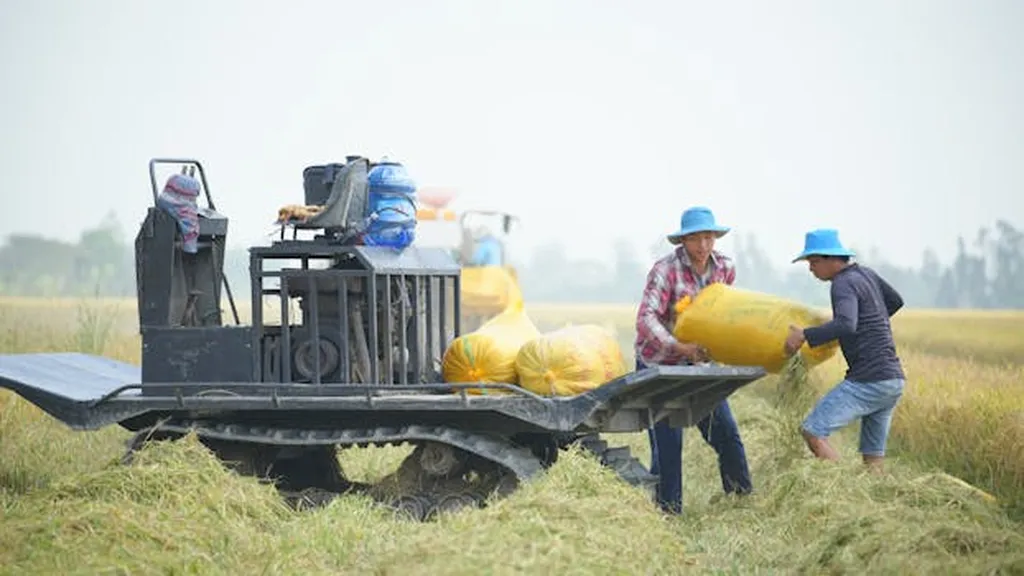The Philippine economy expanded by 5.5 percent in the second quarter of 2025, maintaining an average growth rate of 7.16 percent over the past five years—a sign of resilience amid global uncertainties. Yet beneath this steady performance lies a stark contrast: while the agriculture sector surged by 7 percent in the same period, its strongest showing in years, its five-year average growth remains sluggish at just 1 percent.
This disparity underscores a deeper challenge. Agriculture, though vital, contributes only a modest share to the national economy, despite Filipino households allocating over 55.4 percent of their monthly budgets to food—the highest in Asia. The irony is painful: the farmers who feed the nation remain among the poorest in the region, trapped in a cycle of low productivity, limited market access, and structural neglect.
The problem is not just economic—it’s systemic. For decades, agriculture has been treated as a social welfare issue rather than an engine of growth. Yet its potential is undeniable. A thriving agricultural sector strengthens food security, curbs inflation, lifts rural communities out of poverty, and generates wealth. The question is no longer *whether* agriculture can drive progress, but *how* to unlock its full potential.
The private sector holds the key. Businesses possess the tools that have transformed other industries—capital, logistics, technology, and market access—but have historically engaged with agriculture only through corporate social responsibility, not direct investment. That needs to change. When companies invest in farming—not as charity, but as a strategic opportunity—they can boost productivity, streamline supply chains, and stabilize prices at scale.
The evidence is already emerging. Universal Leaf Philippines, for instance, works with tens of thousands of tobacco farmers, providing financing, technical support, and fair pricing. The result? Higher-quality crops and better incomes for farming families. In Leyte, entrepreneurs Rachel Tan and Patrick Renucci built a cutting-edge rice production system, offering farmers modern seeds, training, and in-kind loans. Yields soared from 2 to 10 tons per hectare, and their product, Dalisay Rice, earned global recognition.
Agri-tech startups are also making strides. Mayani and Agro-Digital Technologies use digital platforms to connect farmers to markets and provide real-time advice on planting, irrigation, and pest control. These innovations prove that with the right support, smallholders can compete—and thrive.
The Makati Business Club (MBC) is urging companies to adopt concrete models of engagement: partnering with farmer cooperatives, accelerating agri-tech adoption, sourcing directly from producers, optimizing supply chains, and investing in scalable agricultural businesses. Alongside these efforts, MBC advocates for stronger government policies to support the sector.
The shift in mindset is critical. Agriculture must move from being a recipient of aid to a target for investment, from isolation to integration with the broader economy. When farmers prosper, they become consumers—driving demand for goods, services, and digital solutions in rural areas long overlooked by businesses.
The opportunity is clear. By modernizing agriculture, the private sector can secure food supplies, reduce poverty, and open new markets—all while delivering returns. The farmers are ready. The tools exist. What’s needed now is action. For businesses willing to step in, the rewards extend far beyond profit—they include a stronger economy and a more resilient nation.

